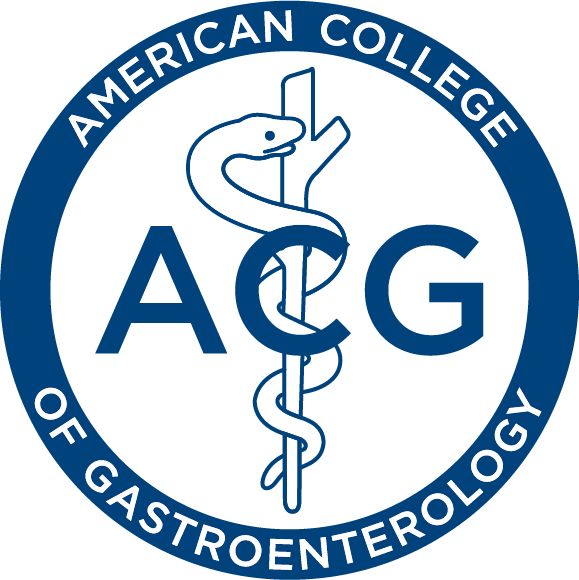Newswise — The Colorectal Cancer Screening Enrollment and Education Initiative at Metropolitan Hospital Center in New York City tripled the number of colonoscopies performed among a predominantly Latino inner-city population. The findings were presented at the 71st Annual Scientific meeting of the American College of Gastroenterology.
Researchers compared data before and after the program was implemented. Results of the study showed 331 colonoscopies were performed in 2002. In 2003 and 2004, the rates tripled with a total of 1,650 patients undergoing the procedure. Researchers also observed an increase in the detection and removal of polyps. In 2002, 93 patients had adenomatous polyps removed. That number rose to 154 in 2003 and 215 in 2004. Identifying and removing polyps before they become cancerous actually prevents the development of colorectal cancer.
According to Lawrence S. Rosenthal, M.D. of New York Medical College, two primary features contribute to the success of screening " primary care physician referrals and cultural settings. This program stimulated primary care physician referrals for colorectal cancer screening; and provided a setting better equipped to address cultural, educational, and language barriers to screening. The program offered colonoscopies on Saturdays to accommodate patients unable to attend weekday sessions, an important strategy for low-income workers for whom missed work constitutes a barrier to screening.
"Colonoscopy is an incredibly effective test which saves lives, but it is significantly underutilized," explained Dr. Rosenthal. "Our program was successful in increasing colorectal cancer screening in a population with particularly poor screening rates. Our experience suggests that gastroenterologists must begin to think 'outside the box' with more innovative ways to improve access to screening colonoscopy."
About the American College of GastroenterologyThe ACG was formed in 1932 to advance the scientific study and medical treatment of disorders of the gastrointestinal (GI) tract. The College promotes the highest standards in medical education and is guided by its commitment to meeting the needs of clinical gastroenterology practitioners. Consumers can get more information on GI diseases through the following ACG-sponsored programs:
"¢ 1-800-978-7666 (free brochures on common GI disorders, including ulcer, colon cancer, gallstones, and liver disease)"¢ 1-866-IBS-RELIEF and http://www.ibsrelief.org (free educational materials)"¢ 1-800-HRT-BURN (free brochure and video on heartburn and GERD)"¢ http://www.acg.gi.org (ACG's Web site)
MEDIA CONTACT
Register for reporter access to contact detailsCITATIONS
American College of Gastroenterology 71st Annual Scientific Meeting
